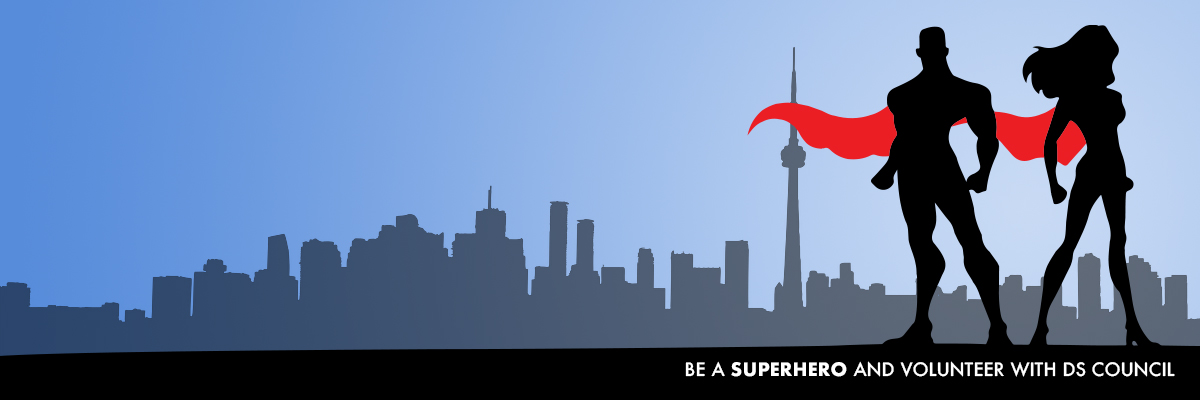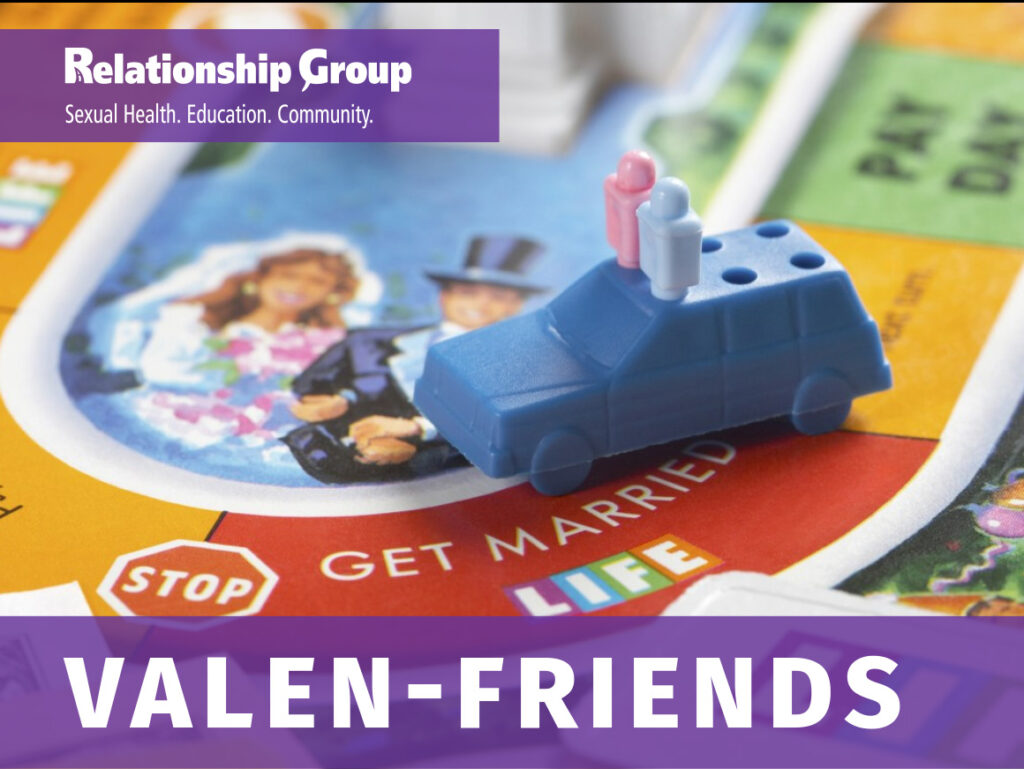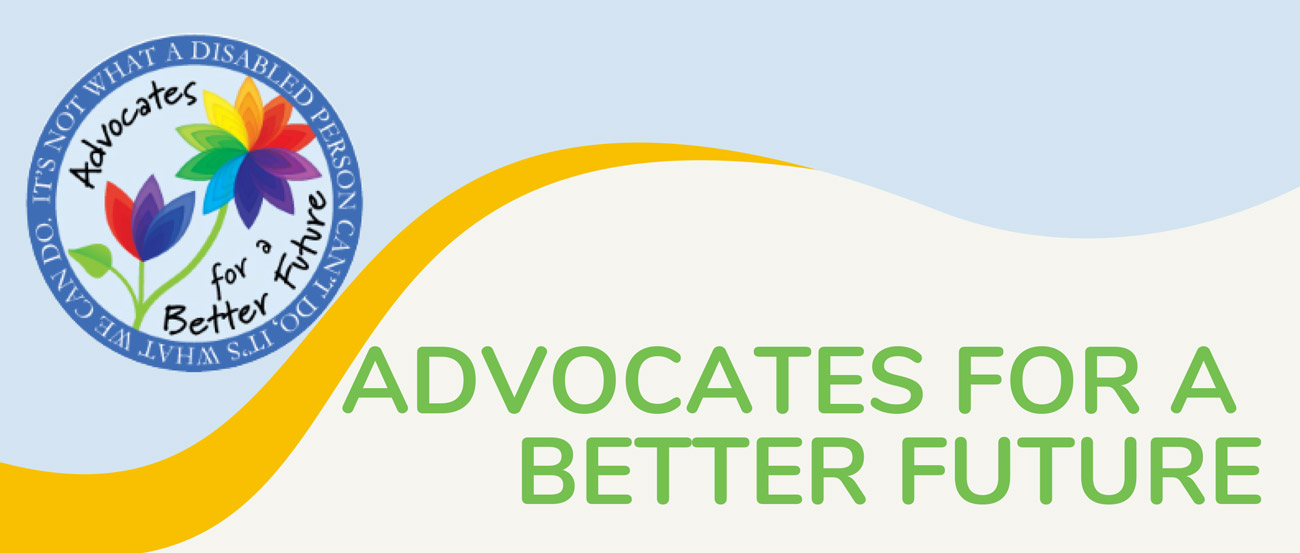
Developmental Services Council – Toronto (DS Council)
Developmental Services Council – Toronto (DS Council) is a voice for adults with developmental disabilities, their family members and community supporters.
An advisory group, we are a partner with the agencies funded by the Ministry of Children, Community & Social Services to deliver programs and services for adults with developmental disabilities.
We make recommendations to these partners from a client/consumer point of view. Most DS Council members are volunteers from the community:
- Persons with developmental disabilities (self-advocates)
- Families and caregivers of persons with developmental disabilities
- Interested community members Council also includes representatives from the service provider agencies and Developmental Services Ontario (DSO).
We work on educating the general public, agencies, media, and government about disabilities so that they understand us better”.
https://youtu.be/7_HRLrSRSGI
Mission
- Strengthen the voice of individuals with a developmental disability and their families and caregivers, by contributing to sector-wide planning and priority setting.
- Provide recommendations and advice on communication and outreach strategies.
- Gather information to identify service system gaps, issues and concerns. Work with our partners to address these.
Would you like to get involved?
We are always looking for people to get involved with DS Council – Toronto!
DS Council – Toronto meets 9-12 times a year. Meetings take place downtown in the evening. Members may attend in person or virtually via Zoom or telephone. For members who attend in person, free parking is available. The meeting venue is TTC accessible and dinner is provided!
Council meetings often include presentations by groups that support people with developmental disabilities and their families and caregivers.
Help improve the quality of developmental services in Toronto and represent the voice and needs of this community!
For more information, please contact DS Council – Toronto:
DSCouncil.Toronto@gmail.com
Contact





